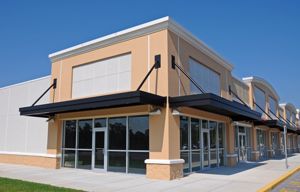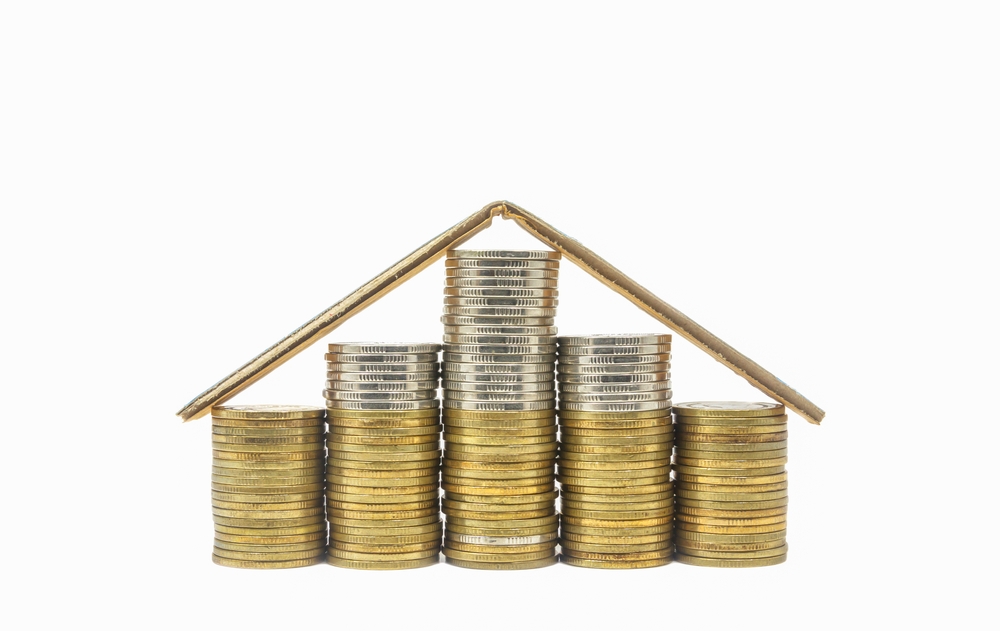
The startup phase of any business blurs the lines between your work and personal life. And as your enterprise grows, it can simply outgrow your personal space. Perhaps your inventory is cluttering up your living space. Perhaps your children or your partner are no longer able to stay quiet while you're on client calls. Maybe you need bulky equipment that just won't fit in your home.
Once your business has established itself, you may wish to move your operations into a commercial space. The determination to make this leap is already a big one, and it is the first of many choices you now face. One of the biggest will be deciding if you should buy or rent that commercial space.
Just like any major decision impacting your business, it's wise to consider all aspects of this choice. You'll want to start with a clear picture of your goals. What do you want to achieve for the business by way of acquiring this new commercial space? How will you achieve these goals? Clearly defining your plans will help guide you. At some point, you'll want to consider involving other stakeholders, such as advisors or bankers, to help you weigh the options.
Advantages of buying
There are many reasons you might decide to purchase a commercial space outright.
Owning your own space buys you certainty. There won't be any landlord surprising you with increased rents or selling the property out from under you. Financial certainty will increase, if for example, you choose to fix your mortgage costs.
With this certainty comes some freedom. Owning a building gives you greater control over it. You can alter it to suit your needs, without asking permission (beyond permitting, of course). You can paint the walls, install or remove carpeting and divide up the space however you like.
You can collect rent on parts of the building. Doing so can help drum up business for you; with complimentary shops next door you'll see an increase in foot traffic. Commercial leases are often far longer than the year-long leases signed by residential tenants, so you can increase the certainty that a tenant will help cover the cost of your mortgage. Plus, if a tenant improves the space to help their business, they've added value to your building.
Increasing value is a big reason to buy a commercial property. Property values typically increase. Your equity will build as you pay off your loan. So you can benefit from the sale of the property later, realising gains from the property's appreciation.
Until you sell it, the space will be collateral or capital owned by the business. This can be used for securing future loans. It will likely increase the value of your business overall in the instance you wish to sell it.
Finally, you may be eligible for tax breaks when you own a commercial space. These could be for interest, depreciation of the property and non-mortgage expenses. The experts at WMC Accounting can work with you ahead of your purchase to discuss asset protection and possible tax advantages of owning a building.
Liabilities for owners
Being a commercial property owner brings with it, liabilities such as bearing the costs of light fixtures, air conditioning units, etc. You're also on the hook for all maintenance costs, insurance fees and utilities. Repair costs, in particular, may crop up unexpectedly, thwarting your monthly budgets.
The health and safety of the people in your building now becomes your concern, too. You'll have to keep the place safe and in line with building codes. Insurance costs are another burden that's now yours.
Council rates should also factor into your planning.
In general, owning your commercial space will mean decreased flexibility and maneuverability for your enterprise. It's a commitment.
You'll need a sizable deposit and loan.The money you spend on the deposit for the building is funds that won't be available for the running of your business or paying staff. You'll want to factor this decision into your long-term planning.
Considerations when renting
Leasing a building frees business owners of the hassle of unexpected maintenance fees. It may be a wise choice particularly if yours is a newer venture which is less proven and less well-established.
Not having a long-term commitment such as a mortgage means your funds won't be tied up. Rather, greater cash flow will be available to cover the purchase of materials and equipment, marketing fees plus any staff or subcontractors.
A downside of renting is that the cost to rent commercial real estate may be higher than the monthly mortgage on a similar property. Many landlords look for ways to recoup their expenses and pass those costs on to their tenants.
Even after you've made pro-con lists aplenty, it can be difficult to decide if you should rent or buy space for your enterprise. If you're unsure, WMC Accounting can review your business plans and outline tax consequences of each decision to help you make the best decision for your business. Contact us today to learn more.



